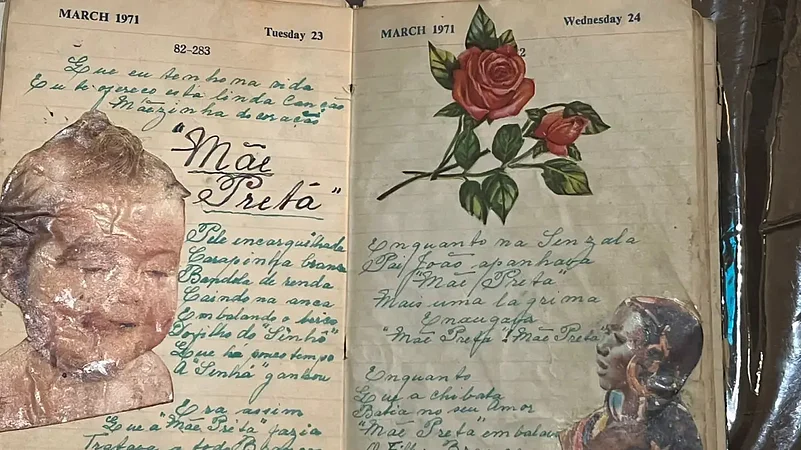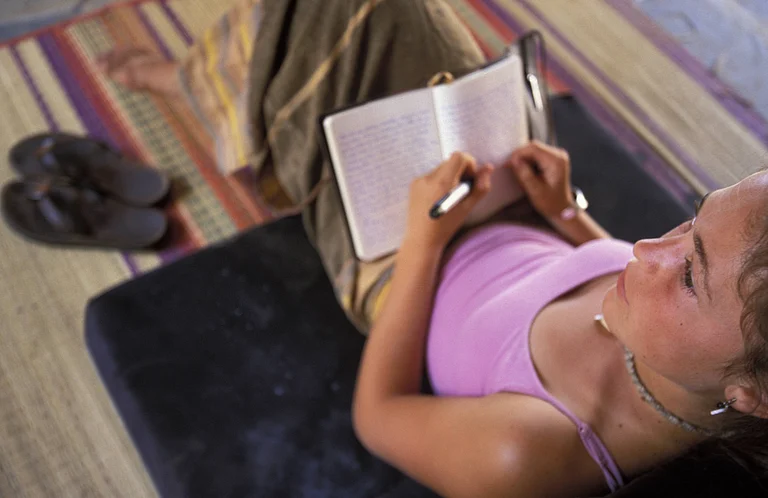Sonia Shirsat started singing Fados in 2003 and until 2015, she saw the same audience that kept dwindling over the years as many senior citizens among them passed away. This made her work towards the revival of Fado as she realised there would be no Fado performances if there is no audience.
She says, "So that's when this project Fado in the City began. We took Fado to non-Fado audiences and held free concerts at non-Fado venues. The idea was to popularise fados."
Sonia also runs Fado de Goa, which is a project to teach people Fado, which is a type of Portuguese singing, but can be sung in any language.
She says, "There are these traditional Fados which have a particular melody and to that new lyrics are written."
She adds there can be Hindi or Urdu Fados as well.
Of Fado de Goa, she says she has had over 400 students who have learnt Fados under the project.
"We talk and inform them about Fado. We give an introductory talk and invite them for class. We fix a central location and we travel all the way to teach them," says Sonia.
The programme runs for 10 two-hour sessions on Sundays, with one hour for theory and one hour singing.
Sonia adds, "They learn five Fados in 10 Sundays. They learn different types of Fados, learn to distinguish them, and they learn their rules."
The students are taught the most traditional Fado, so they know where Fados come from.
Fado runs in Sonia's family. Her grandmother used to write Fados in her diaries in beautiful cursive writing after listening to them on radio. She would also make collages around them.
Sonia says, "My grandmother used to listen and write down words in Portuguese. But you can't write at that speed, so she used to write it fast, wait for them to play the song again next time, [then] fill in the blanks, complete the lyrics, and then transfer them into her diaries which I have, which are [in] beautiful cursive handwriting, which was known as the handwriting of the ladies of the time. They were taught that handwriting. And then she did all these collages."


























